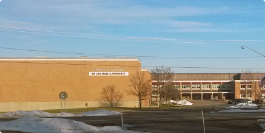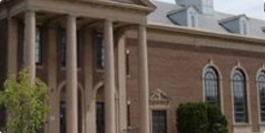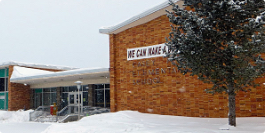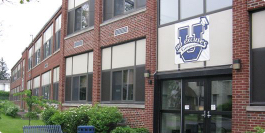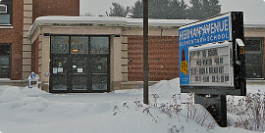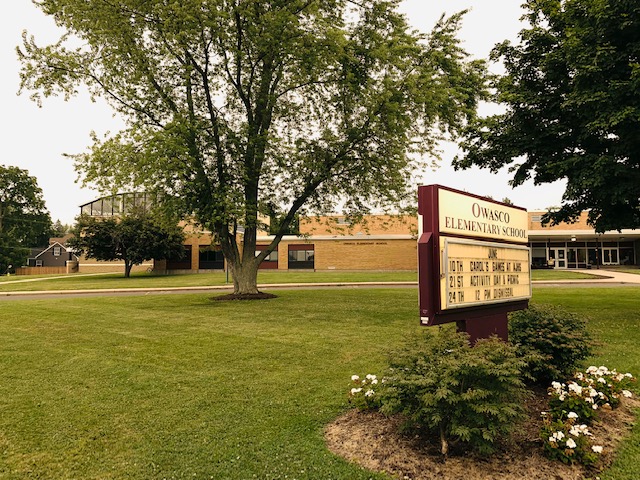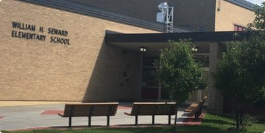Genesee staff member remembers MLK's 'I Have a Dream' speech

Walker, who works at Genesee Elementary School as a cafeteria monitor and previously as a teacher’s aide, stood in about the eighth row in front of the Lincoln Memorial on Aug. 28, 1963. About 250,000 people came to the capital for the March on Washington for Jobs and Freedom, a seminal moment in the Civil Rights movement.
Walker’s father, who grew up in the South, was a deacon at (Auburn) Roosevelt Memorial Baptist Church. He was unable to attend but wanted Leslie, who was then 12, and her 11-year-old sister to go for him on a bus chartered by local church groups.
“I'm the oldest of nine kids. My father said that we could go,” she said. “He wanted us to represent him because he loved and believed in the (Civil Rights) movement.”
Being 12 and going on a bus trip to Washington was exciting for Walker and her sister. Her father gave them $15 for food.
“We just thought it was the bomb diggity because we were going on a trip,” she said.
Walker and her sister rode the bus overnight to Washington DC. When they arrived, they got something to eat and heard Peter, Paul and Mary singing “If I Had a Hammer.” Later, the church leaders brought their youth groups to see the speakers but they were far away.
Walker’s sister had other ideas, she wanted to get closer – a lot closer.
“My sister who is very adventurous, kind of snuck away,” Walker said. “She said, ‘Come on,’ so we moved up closer to the front, maybe about eight rows back because I remember looking up at him (King), and he was very close.”
Even at 12, Walker knew part of the speech reflected on her childhood in Auburn.
“He started to speak and you heard a lot of people clapping and yelling and whistling. I said to my sister, ‘We need to be listening because Daddy's probably going to ask us, what did we learn?’ His voice sounded like thunder to me because he had that powerful strong voice that carried. And what he said about black kids, white kids, to be able to play together. We lived here in Auburn, and we played together, but in the South where my father came from, they didn't.”
Walker reflected on that experience when her father took the family to visit relatives and their car got a flat tire.
“He stopped next to this restaurant, and the owner came out and was cussing at my father and told him to get his you know what off his property before he’d shoot him or whatever,” she said. “I remembered that. I said, now I know what he's (King) talking about because what we were raised with, everybody was friends with everybody. But the changes that need to be made so that we can come together as one, as one people, I understood that.”
After King finished, Walker had an understanding of the speech’s significance.
“Being 12, you don't totally grasp everything, but you did grasp part of it,” she said, “That part resonates with me today - we have to learn why can't we do this and why can't we do that? How come it's OK for this group and not OK for that group, but we're all striving to move in the same direction.”
After Walker returned to Auburn, she talked to her father about King’s speech and what he said about everyone being treated fairly.
“That's part of what my father had to struggle with was the fairness of how things were not fair for people,” she said. “It resonated with me because I know the struggle my father went through. He always told us to be careful. Be careful what you say. Be careful what you do. But whatever you do, try to do the best you can.”
Walker reflected on King’s impact on history.
“He had a job to do, he was chosen to do a specific job,” she said. “And to me, it was almost like him being Jesus, the struggles that he had to go through, the people that he tried to help along the way, and for him to come to his end the way he did. And I just feel that most of the time when you have people that try to help other people and try to bring together the people, they always have it end and not in a very good way.”
-- Christopher Sciria / AECSD Public Information Specialist


